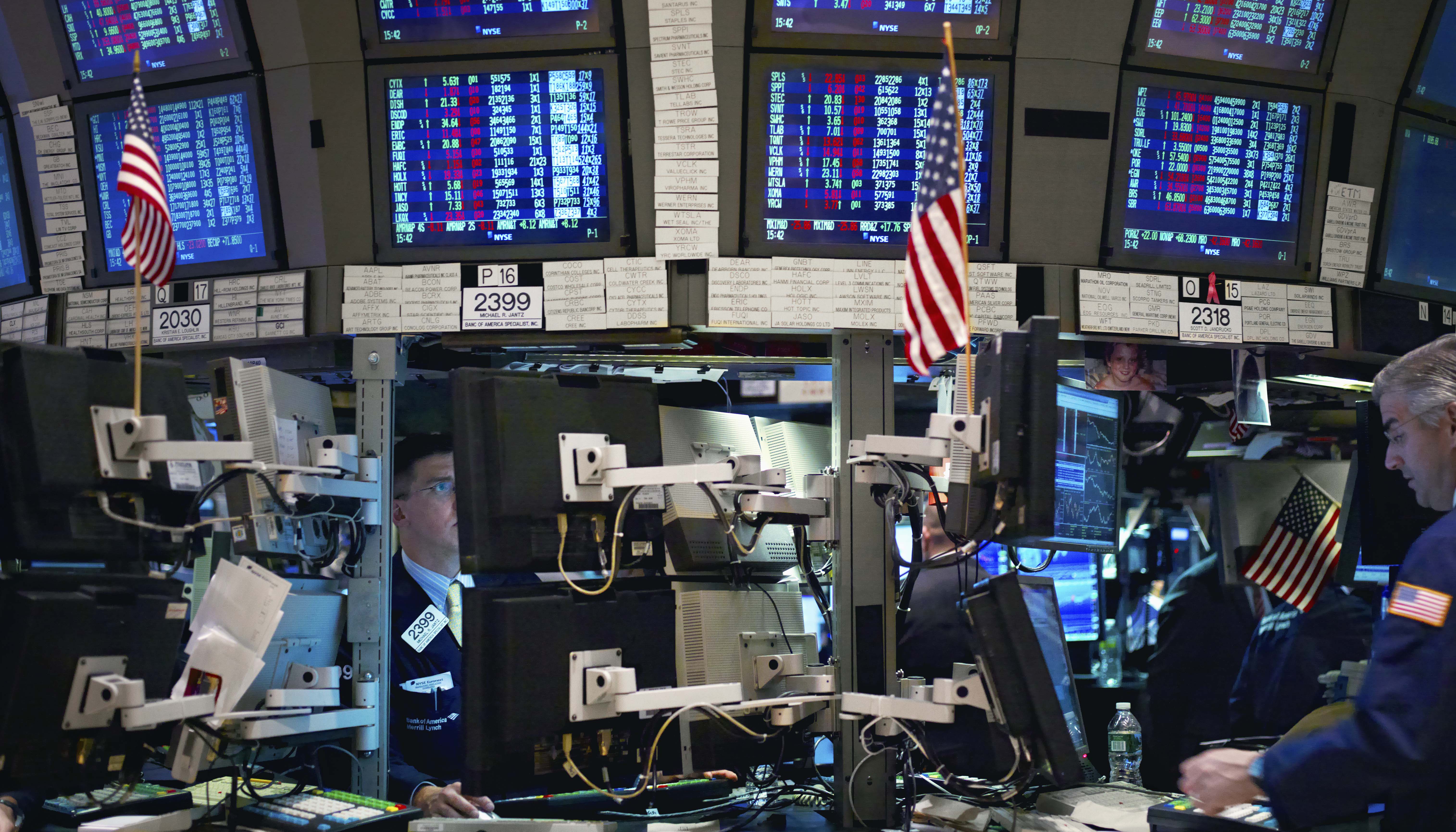When Apple released its Vision Pro glasses in 2023, the underwhelming response was an outlier for the groundbreaking company.

While the technology was impressive, Apple CEO Tim Cook overlooked crucial customer insights – beyond the high price – including people’s reluctance to wear bulky facial devices for long periods.
What became a US$1.4 billion misstep for Apple is a lesson for every business. For CEOs, the stakes are high: invest in the wrong project and millions can be lost, but miss the right bet and competitors surge ahead.
Innovation in uncertain times
Australia’s push to diversify beyond mining and commodities requires companies to embrace riskier forms of innovation. Radical innovation – the kind that creates new markets, products or technologies – is notoriously difficult.
A new Macquarie Business School study of more than 500 CEOs and business owners reveals who leaders turn to when the path ahead is unclear.
The study found a striking pattern: when faced with technological uncertainty, CEOs overwhelmingly backed the advice of their CTOs. But when market conditions were unclear, they didn’t consistently rely on their CMOs.
Associate Professor Nidthida Lin says: “Ample evidence shows having a CMO in the senior leadership team positively affects firm performance. We need to help CEOs draw on their CMOs’ deep customer knowledge to also drive radical innovation.”
Why the CTO voice dominates
When CEOs received conflicting advice – such as a CTO recommending investment in a new technology, while the CMO warned customers might not buy in – most backed the tech expert.
That bias makes sense in high-tech industries, but it highlights a critical blind spot: market risk is often underestimated.
Professor Ralf Wilden, Co-Director of the Macquarie University Innovation, Strategy and Entrepreneurship Research Centre, says market acceptance is vital to any launch.
“Radical innovations are as much about technological breakthrough as market acceptance,” he says.
“A classic example is the Iridium satellite phone. The technology worked perfectly, but the high price and lack of network effects, like how you could only call other Iridium users, made it a market failure.”
The forgotten voice of the customer
Surprisingly, the study found little evidence CEOs listen to their CMOs when customer demand is unclear. Many were confident in judging market conditions themselves.
That mindset is risky, especially in Australia, where shifting consumer preferences and global competition can make or break a product. Ignoring marketing insight risks repeating Apple’s Vision Pro mistake – creating technically brilliant products that nobody wants.
Researcher Saad Khan says larger firms could learn from the agility of start-ups.
“Maybe it’s time for bigger organisations to learn from start-ups,” Khan says. “CEOs must keep financial metrics top of mind, but they also need to weigh market value, such as potential demand and customer needs.”
Why external voices matter
The study also found the best innovation outcomes occur when CEOs combine internal advice with external perspectives. Consultants, peer networks and industry experts can balance internal biases and strengthen decision-making.
This is particularly relevant for Australia, where family businesses and small-to-medium enterprises (SMEs) dominate the economy. More than half the surveyed CEOs came from these firms, and many reported hesitancies to pursue radical innovation due to limited resources and fear of failure.
Towards a more innovative Australia
Australia has long debated why its innovation performance lags behind other advanced economies. This research offers a clue: CEO decision-making is skewed toward technological feasibility and internal confidence, and away from market signals and outside input.
If Australian firms – especially family businesses and SMEs – are to drive the next wave of growth, their leaders must better balance CTO expertise and CMO insight and combine internal advice with outside perspectives.
“The key learning for Australian firms is that giving marketing – and therefore the customer voice – a seat at the leadership table will help them drive radical innovation,” says Professor Wilden.
Associate Professor Nidthida Lin is from the Department of Management at Macquarie Business School.
Professor Ralf Wilden is Co-Director of the Macquarie University Innovation, Strategy and Entrepreneurship Research Centre.



